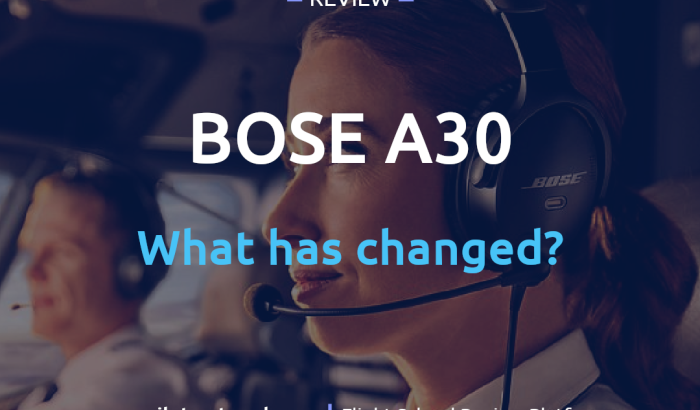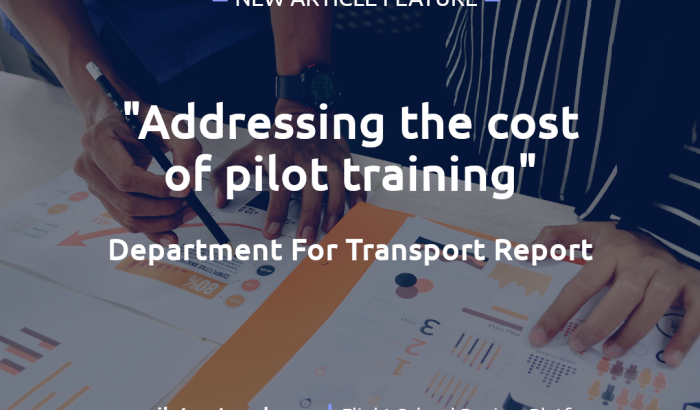
There are many websites with information on insurance, as well as adverts here there and everywhere, but what should you really consider when thinking about insurance in your aviation career.
The answer is probably ‘it depends’ and will vary at different stages of your career! In order to offer an insurance policy a company will take a premium and pay out in the event of a claim by you the insured person, which sounds very simple, but all insurance policies are carefully worded and this careful wording should always be read completely before you sign up to ensure that it really is what you think it is. Those insurance company premiums are calculated by underwriters who work out a claim to premium ratio for any given policy. What this means is that they work out how many premiums they need to collect to cover the claim pay-outs and then make a profit on top. This is a very complex business and some companies have taken huge financial hits when they have got it wrong. Premiums tend to be lower for lower risk policies, house insurance being a very good example, whereas the premiums can be very high when the risk is bad, such as car insurance for a person with a bad driving record. They are likely to claim so the received premiums will need to be higher to cover that likely pay out. The premium is also affected by the likely claim value, hence why a Porsche is more expensive to insure than a Ford Ka.
As a cadet pilot your insurable risks will be different to when you get on the line. There are probably two main insurable areas to consider at this stage, loss of medical and financial loss if forced to stop training. It can never be over emphasised how important your Class 1 medical is, if you lose it you cannot fly commercially, and indeed it would be pointless starting or continuing to train unless you are very certain you will be able to get it back. This may not be a big financial deal early on in your training but if you were to lose your medical as you finished training you will have lost all that training money with little chance of ever seeing a return on it. For this reason a few companies are now providing insurance for cadet pilots during training that will provide some cover for this eventuality, paying out to cover some loss of training expenses and these can often be easily converted to a policy post training for line pilots. The premiums will very much depend on how much cover you require and this may vary from time to time depending on your stage of training. These policies will often include personal injury cover as well as cover in the event an ATO stops trading.
Once on the line your insurance needs will change again. By this stage you are earning a salary, probably paying off loans, paying rent or a mortgage as well as all the usual day to day expenses. At this point two very similar sounding, but actually quite different types of policy apply. Firstly you have ‘Loss of Licence’ insurance where you get paid a fixed lump sum in the event you lose your license. The pay out terms will vary by policy as well as varying depending on how or why you have lost your license. Sometimes there may be a full pay out where the loss of license is permanent or the payments may be made over a period of time if likely to be temporary. There is often a deferment period as well where the policy only starts paying out after 3 or 6 months. In all cases the terms will be in the policy document and a medical practitioner will usually be required to provide a report of your condition. The most important thing however is that these policies are usually for a fixed amount of pay out, as in they will get you over the initial event financially, but are not designed to keep on paying out forever.
The second important type of policy is a ‘Permanent Health Insurance’ or ‘Income Protection Insurance’. These are similar but crucially different in the way they pay out. This sort of policy will pay out if you are not able to work through illness or incapacity and will provide a lifetime income up to retirement age. There are a huge range of policies available and it is again important to look closely at the policy wording. They vary in terms of how much they pay out per month (often based on your previous salary) and how soon after the ‘incident’ they start paying. This deferment period makes a big difference to the premiums, with a longer deferment meaning cheaper premiums. Your salary is also important as a higher salary will mean potentially higher premiums. Often the underwriter will require a medical examination for this sort of policy. It is well beyond the remit of this article, but the way the policies pay out and your personal circumstances including what other insurance you have for things such as your mortgage will all impact on how much cover you need. What is important is that you get ‘own occupation’ cover which means if you cannot work as a pilot the policy will pay out.
As to which of these two options you take – well you will need to consider your personal circumstances but also note that both policies provide slightly different cover. So for example ‘loss of license’ and being ‘unable to work as a pilot’ are two different definitions - yes, there is overlap in the definitions, but there will be situations where one policy would pay out and the other would not. In addition a young free and single First Officer will have different financial demands and requirements to a middle aged Captain with 2 children, a dog and a mortgage to support. You can also use both policies at the same time to provide more comprehensive cover, but this comes at a higher cost obviously.
The final thought is, as always, carefully read and research the policies and make sure you cover the risks appropriate to you.










